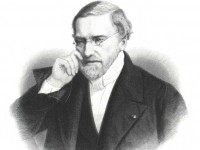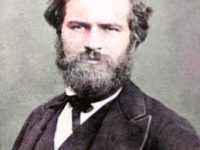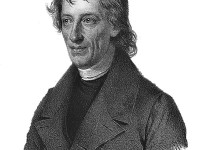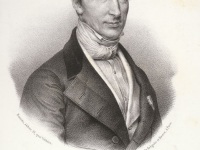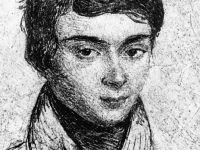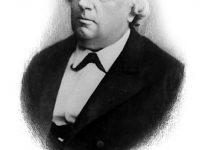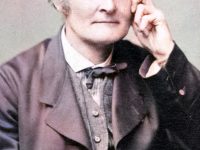Jean-Victor Poncelet and Projective Geometry
On July 1, 1788, French engineer and mathematician Jean-Victor Poncelet was born, whose study of the pole and polar lines associated with conic led to the principle of duality. As a mathematician, his most notable work was in projective geometry. He developed the concept of parallel lines meeting at a point at infinity and defined the circular points at infinity that are on every circle of the plane. These discoveries led to…
Read more

